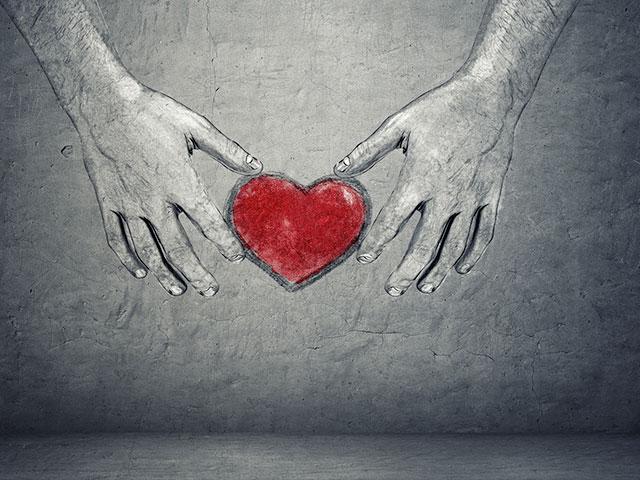Saying and Showing "I'm Sorry" - Step 9 in Addiction Recovery

"We made direct amends to such people whenever possible, except when to do so would injure them or others." Alcoholics Anonymous
Whatever problem we had or are still dealing with has affected other people. They have suffered in some way because they are close to us. In step eight, we made our list of these people and became willing to make amends to them. Now it’s time to put our plan into action.
Suppose you stole from your uncle and sold his belongings to a pawn shop to support your addiction. If this were the case, you should go to your uncle and say, “I’m sorry that I stole your __________ (name the possession) and sold it to the pawn shop. Will you please forgive me? Can I buy you a new one? What can I do to make it up to you?” And when the uncle tells you how you can make it up to him, then do it. That's the completion of the step.
Please notice that this process does not include the word “but.” Apologies with “but” are much easier to say, don’t you think? “I’m sorry I stole your ______ and sold it to the pawn shop, but I was all screwed up on ________ (your drug of choice) and I needed the money.” This kind of apology seeks to justify the wrong-doing. It’s true that those were the circumstances. However, including our justifications in our apologies gives us another opportunity to not take full responsibility for our actions. We are ashamed of our actions and tend to want to pad our apologies with an explanation. The cleansing for us and those we have hurt is more complete if we leave out the “but.”
Picture this: Your mother is a recovering alcoholic. She is going through a 12 Step program. During this phase of her recovery, she comes to you and says, “I’m sorry that I hurt you by telling you I needed a drink when you got on my nerves. But you were a really high strung kid and caused a lot of problems. Will you please forgive me? How can I ever make it up to you?”
Compare that to this: “I’m sorry that I hurt you by telling you I needed a drink when you got on my nerves. It was not your fault. Will you please forgive me? How can I ever make it up to you?”
Which would you rather hear? Maybe if we try to put ourselves in the shoes of the one who is going to hear our apology we will phrase it differently. What amends have you made that worked out well or not so well?
We may fear that the person will not forgive us and avoid this step. We may be aware that we’ve hurt a person so deeply that there is no way we could ever make up for it. Sometimes we want our transgressions to be swept under the rug by people we have hurt and not suffer the consequences of our actions. Or we may fear the person will offer us an impossible amends, such as if the uncle from whom you stole says the only way you can make it up to him is to move to the other side of the earth.
These are the fears that we need to hand over to our Lord. He has given us grace beyond measure. When we deserved punishment and Hell, He listened to our confession of sins and forgave us. He has already forgiven us for the wrong that we’ve done to the people in our lives and goes with us when we ask for forgiveness. Whether or not the person forgives us is not anything we have control over. We can merely let them know we are truly sorry and be willing to make things right. Who do you need to apologize to? What do you want to tell them?
Father, please help us through this humbling and fearful step of making amends with others who were negatively affected by our behavior. We need you in all things and especially with this step. Every step before now has been between you and us in our recovery. Now we are doing the hard job of facing others and being open with them about the past. Please go before us and prepare the hearts of those to whom we will be offering our apologies and amends. Let our words be your words. Amen.
Copyright 2010 Beth Livingston. Used by permission.